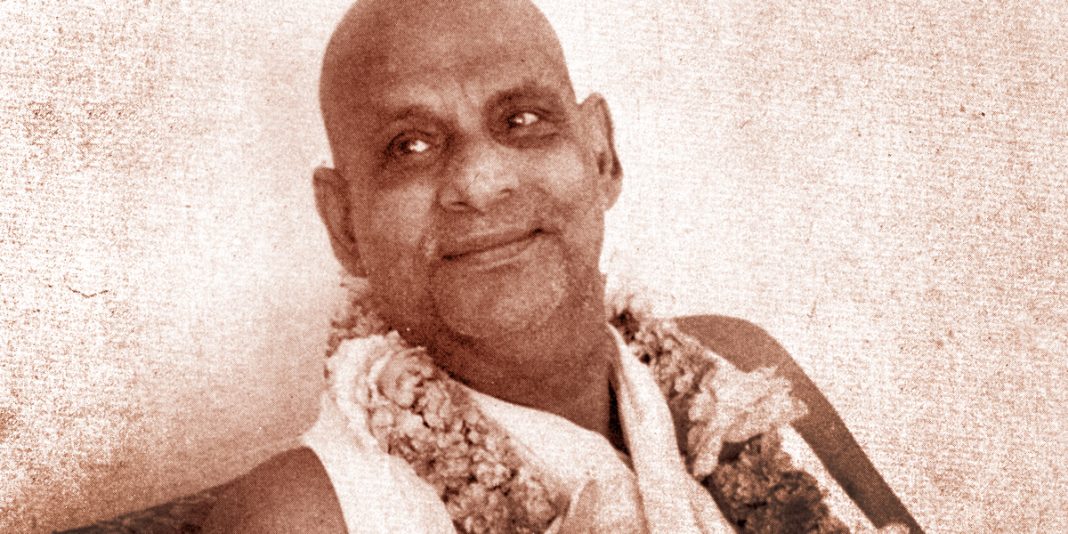On January 15, 1956, some of the Ashram inmates were discussing with Master Sivananda about the exorbitant charges that an outside printing press had billed for printing a small book. It was the general feeling that the press had cheated the Society. Like a flash of lightning came the Master’s remark, “Well, think that you yourself are enjoying the money through those who have cheated you, who are none but your own Self. This is the key to peace and happiness.”
The Master’s strange reaction was not born of any fear complex. When in 1935 the possibility of some litigation with reference to the publication work of the Ashram was being discussed, he wrote to a disciple: “One should have every experience. Then only will fear and the feeling of shame disappear.”
Once again in 1955, when the Ashram authorities were hesitating to file a charge of embezzlement against an inmate who had absconded, the Master told them clearly, “If that is the right thing to do, do it. I am not afraid to go to court. We should welcome dishonour as well as honour.”
The absconding inmate was not the only instance of a wayward disciple. There were others. People erred, made some mistakes. Sometimes students disobeyed even their loving Master, mistaking his meekness for weakness.
Master Sivananda believed in evolution. He usually gave them a long rope and would say, “Never mind. These are small blunders. Who has become great without committing mistakes? They are to be rectified gradually.”
At one time in the Ashram a young man of violent behaviour, disposed of Ashram property for his personal gain, but Master insisted on keeping him in the institution, saying, “I must serve him and reform him. Let him stay here.”
From the very beginning Master Sivananda took the greatest delight in serving the bad characters. In one of his earliest letters written in the thirties to a disciple in Madras, he said, “I want around me any number of people who will abuse me, vilify me, insult me, and even injure me. I want to serve them, educate them, elevate them, and transform them.”
“Hate the sin, but not the sinner,” advised the Master.

